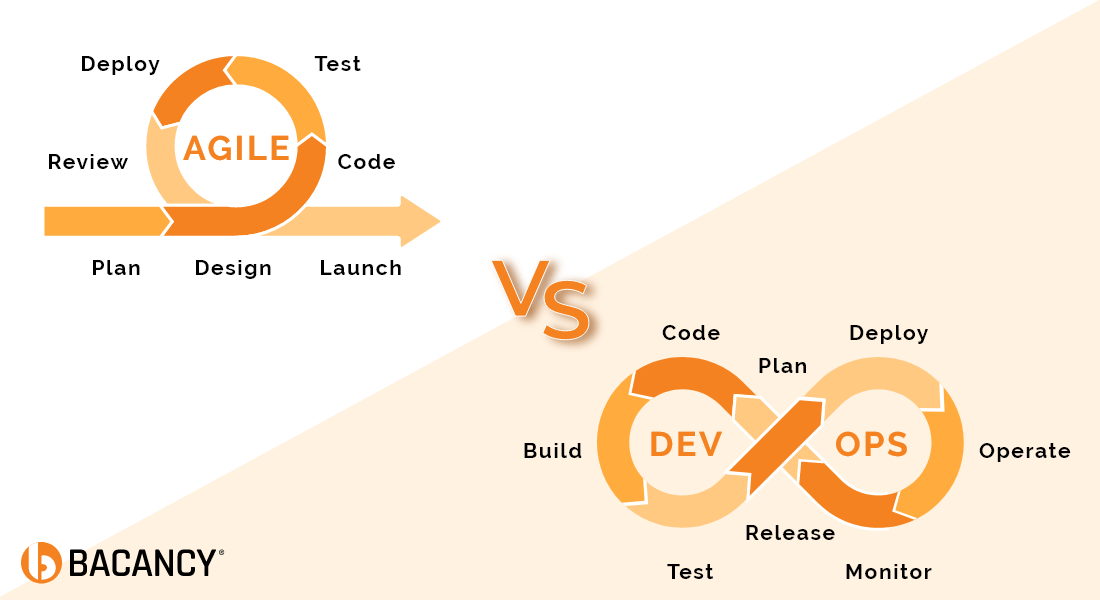Table of Contents
Introduction
In a typical agile software development project, a scrum master is often seen doing the following things almost daily:
- A scrum master giving instructions to team members
- A scrum master coordinating with team members and other stakeholders
- A scrum master assigning tasks to various team members
- A scrum master strategizing how to bring together team members for the Daily Scrum or stand-up meetings
- A scrum master restricting his duties only to his team and not expanding his role that has the potential to bring a significant organizational change
- For example, when opening a firewall port cannot be resolved by the team, a scrum master declares that the team cannot resolve it, and he passes the buck to the product owner. This is a classic act of letting go of a small and yet great opportunity to make a significant difference in the overall fabric of the organization.
- A scrum master as a servant leader sorts out daily stuff, thereby ignoring the potential of long-term improvements in the overall efficiency and team skills. For example, developers often would have no clue how to utilize test automation in the agile software development when a scrum master is too busy in other development project activities.
- A scrum master managing a team that is not efficient enough to produce a “Done” increment by the end of each sprint
- A scrum master managing a team that does not have any clarity on the product backlog
- A scrum master is dealing with a team with transparency issues because of their earlier waterfall background in the software development process.
All these situations sound quite familiar, don’t they? They do. It feels like our very own comfort zone or the proverbial sense of familiarity. However, do you think that these tasks performed by the scrum master are all that a scrum master can do or should do? Do you think that there is more to the roles and responsibilities of a scrum master than these? If yes, read on.
As they say, the real thing always starts out of one’s comfort zone. So, when we start thinking out of our comfort zone, we tend to discover things that are like precious treasures buried under the layers of Time and Space, waiting to be found and seen by us.
Before discussing what treasures we can find by taking the role of a scrum master out of our comfort zone, let us have a few words about what exactly the Scrum is and the real responsibilities of a scrum master.
What is Scrum?
The 2020 Scrum GuideTM defines scrum as: “Scrum is a lightweight framework that helps people, teams, and organizations generate value through adaptive solutions for complex problems.”
It also sets forth five scrum values: Commitment, Focus, Openness, Respect, and Courage.
One of the best features of Scrum is its simplicity. It derives its simplicity from being intentionally incomplete, leaving room for relationships and interactions through collective intelligence of people who exploit this framework to execute the agile software development process seamlessly.
This conscious incompleteness allows the team to explore various processes, techniques, and methods without compromising the basic values mentioned above.
What is a Scrum Master?
Scrum master is also called iteration manager, agile coach, or scrum team coach. A scrum master is a part of Agile team who helps to understand and implement Scrum theory thoroughly.
The one does so by remaining faithful to Scrum as prescribed in the Scrum Guide. Hence, the role of a scrum master as a servant leader who is there to serve whenever required.
However, lack of thorough understanding of the scrum, and its purpose often leads to the undervaluation of this role, creating scenarios that we just saw at the outset of this discussion.
These scenarios can be overcome with the correct understanding of Scrum and the role of a scrum master. Let us explore what scrum master is and how the one can bring about a significant change in the organization’s overall efficiency and work culture.
Essentially, the role of a scrum master is quite broad. His prime responsibility is to implement Scrum framework in the agile software development process. In order to do this, a scrum master needs to work with not only just teams but also with the product owners as well as the organization.
Scrum master as a Coach
What does a coach exactly do? Does the scrum master go out in the field and play? Of course, not! A scrum master also does not need to go out in the lab and actively participate in the agile software development process.
A scrum master’s job is to make the teams efficient and skilled in such a way that the teams can manage the development process independently. Rather than constantly instructing the teams what to do or what not to do, for that matter, a scrum master needs to train the team in Agile scrum project management so that the team is able to create high-value increments, which are in alignment with the definition of “Done.”
Scrum master as a Counselor
There will always be chaos and tension between different stakeholders during the development process. It is the job of a scrum master to create psychological safety for all the teams to be able to perform at their best and come up with innovations and new ideas.
This would also involve training the team to embrace their vulnerabilities, deal with them, overcome them, and finally establish the culture of transparency or openness, which is one of the values of the Scrum framework. A scrum master can coach the team in a way that all the team members feel confident and safe enough to express themselves without the fear of being judged or looked down upon.
Scrum master as a Collaborator
A scrum master serves as an important link between a product owner and the project teams. Many times, an absent product owner causes delays and tension in agile software development.
A skillful scrum master is a master collaborator who has the knack to make a product owner an active participant in the entire software development process in spite of the product owner’s busy schedules and other responsibilities.
Such an effective collaboration goes a long way in building a scrum team that learns to trust the process and the role of a scrum master.
Scrum master as an Observer
The role of a scrum master is that of a smart observer. He is a person who has an eye for detail. He has a knack for observing and paying attention to the daily activities of the teams and team members. This ability helps him have a clear understanding of the teams’ efficiency and skills and the individual team members.
Being a good observer also involves being a good listener. A good scrum master is also a good listener who is skilled in listening to all the stakeholders.
Scrum master as a Repository of Knowledge
A scrum master also serves as a walking encyclopedia for the teams. He has the overarching knowledge of the product and the processes, including Scrum, Extreme Programming (XP), Kanban, and SAFe.
An experienced and knowledgeable scrum master is a precious resource who is always there to help the teams get through the inevitable bumpy rides during the software development processes.
Scrum master as a Master Builder of Scrum Culture
A scrum master plays a significant role as a master builder by establishing a thorough scrum culture across the organization. He leads, trains, and coaches the organization to adopt Scrum effectively and smoothly with all of the aforementioned skills.
Scrum master as a Servant Leader
We have already discussed about the importance of agile servant leadership in the agile software development process in this post. The scrum Guide categorically defines scrum master as a servant leader who is there to serve and not command or control.
The main responsibility of a scrum master as a servant leader is to help teams be self-organized and self-managed. He trains teams to deliver effectively by implementing and supporting lean-agile practices, SAFe principles, ScrumXP, Kanban, and other software development processes that the team is accustomed to.
As part of his servant leadership skill, a scrum master also makes the team coordinate with other teams of the Agile Release Train (ART). A scrum master is also there to remove any obstacles in the path of the development process. By doing so, he ensures high-value deliveries, continuous and consistent flow, and improvements.
As a quintessential servant leader, a scrum master also works with the extended Scrum Master community. This makes them more efficient in helping the teams communicate, coordinate and cooperate in a better way. This training then helps the organization achieve its business as well as delivery goals quite efficiently.
Why do Organizations Need an Efficient Scrum Master?
In light of the discussion, it is quite evident that the role of a scrum master is misunderstood more often than not. Hence, managers often don a hat of a scrum master who has an altogether different personality than a regular project manager.
This happens most of the time with those enterprises who want to join the Agile “bandwagon” without a correct understanding of the Agile and its processes and various frameworks, especially the Scrum. In their aspiration to get quick benefits of being “Agile”, enterprises find themselves absolutely unprepared actually to think and function the Agile way.
In this context, enterprises need scrum master as a servant leader who has developed the Agile mindset after years of training and experience, and who knows the Scrum inside out.
Conclusion
It is quite obvious that the role of a scrum master is not an ordinary role. He is the person who becomes the scrum master after a lot of training, experience, and the thorough absorption of Agile and Scrum principles and values.
The role of a scrum master is often misunderstood only because the enterprises fail to understand Scrum per se. They often adopt Scrum to execute software development projects, forgetting that the core of Scrum lies in its use of managing the risk.
When this essential purpose of the Scrum as a risk management framework is lost or forgotten, or misunderstood, organizations often tend to appoint someone who is anything but a scrum master.
Hence, the organizations must make the right efforts to understand Scrum master as a servant and absorb its essence in their culture and DNA for efficient Agile software development. Only with this thorough understanding can a Scrum Master make a real difference that the organizations expect and deserve to!
Your Success Is Guaranteed !
We accelerate the release of digital product and guaranteed their success
We Use Slack, Jira & GitHub for Accurate Deployment and Effective Communication.





